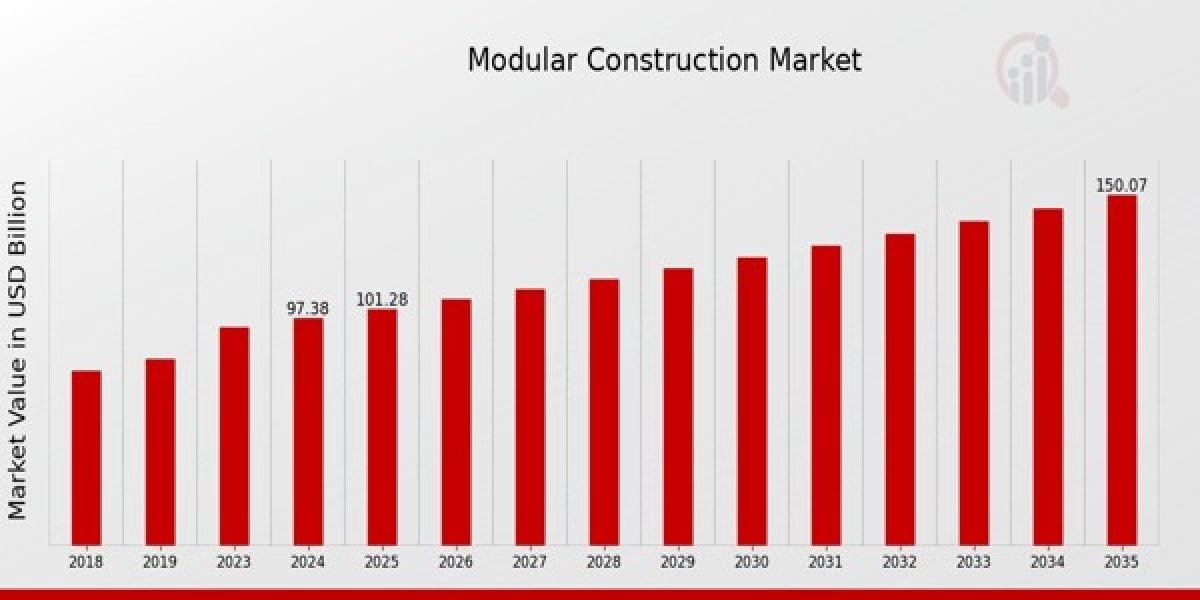Menstrual health is often overlooked, yet heavy periods, also known as menorrhagia, can be an indicator of underlying health issues that require attention. Women who experience unusually heavy menstrual bleeding often assume that it's just part of the natural cycle, but in reality, it could point to more serious conditions that can affect overall well-being.
What Are Heavy Periods?
A normal menstrual cycle lasts between 21 and 35 days, and menstrual bleeding typically lasts between 3 to 7 days. However, when a woman experiences heavy menstrual bleeding—defined as losing more than 80 milliliters (about 5-6 tablespoons) of blood during a period—this condition can be classified as menorrhagia.
Heavy periods can also be characterized by periods that last longer than seven days or are accompanied by severe cramping or pain.
Estrogen Dominance
In some cases, women may experience estrogen dominance, a condition where there is too much estrogen in relation to progesterone. This imbalance often leads to a thicker-than-normal uterine lining, which can cause heavier periods.
Estrogen dominance is frequently seen in women approaching perimenopause, or those with obesity, where excess body fat contributes to elevated estrogen levels.
Uterine Fibroids and Endometriosis
Uterine fibroids are non-cancerous growths in the uterus that can cause heavy bleeding. These growths can vary in size and location, but when they are large or situated in certain areas of the uterus, they can cause the lining of the uterus to shed excessively. Fibroids are often accompanied by pelvic pain, bloating, and pressure.
Endometriosis is a condition where tissue similar to the lining of the uterus grows outside the uterus. This tissue responds to hormonal signals and can cause severe menstrual bleeding, pain, and infertility issues. Women with endometriosis often experience prolonged periods, pain during intercourse, and chronic pelvic pain.
The Impact of Heavy Periods on Health
Excessive blood loss during menstruation can lead to iron-deficiency anemia, a condition where the body lacks enough healthy red blood cells to carry oxygen.
Symptoms of anemia include fatigue, dizziness, weakness, and shortness of breath. Anemia is a serious condition that can affect daily functioning and overall health.
The emotional toll of managing heavy periods can lead to anxiety, depression, and stress. Women may feel embarrassed, isolated, or frustrated by the limitations that heavy bleeding imposes on their personal lives. This psychological burden can have long-term effects on mental health.
How best pads for periods in india plays a role in Heavy Periods?
Heavy flow pads are specifically designed to handle large volumes of menstrual blood. These pads often have a larger core or multiple layers to absorb more fluid without leaking. Some pads come with super absorbent polymers that lock in moisture and prevent it from flowing back to the surface, keeping you dry and comfortable.
The best pads for periods in india, which is used for heavy periods, longer and wider pads provide extra coverage. This reduces the risk of leakage, especially overnight or during intense physical activity. Pads that are marketed as "overnight" or "extra long" are specifically designed to provide this added protection.
Hormonal Birth Control, Medication and Surgical Options
Hormonal contraceptives can help regulate periods and reduce the heaviness of menstrual flow. Options include pills, patches, or IUDs.
Over-the-counter pain relievers, such as ibuprofen, can help manage pain and reduce bleeding. Your doctor may also prescribe medications specifically designed to treat menorrhagia.
In severe cases, surgical interventions such as endometrial ablation or hysterectomy may be recommended to alleviate heavy menstrual bleeding. Discuss these options thoroughly with your healthcare provider.
Embracing Empowerment,Mindfulness and Self-Care
While menorrhagia can be challenging, taking proactive steps can help you regain control. Educate yourself about your body and advocate for your needs. Surround yourself with supportive friends and communities who understand what you’re going through.
Incorporating mindfulness practices can also be beneficial. Techniques like meditation and deep breathing can help you manage stress and anxiety associated with menorrhagia. Prioritizing self-care whether through relaxation, hobbies, or pampering yourself can make a significant difference in your overall well-being.
Surgery - Explained
D&C (Dilation and Curettage) procedure involves scraping the lining of the uterus to remove any abnormal tissue. It is typically used to treat polyps or other growths.
Endometrial Ablation procedure destroys the lining of the uterus to reduce or stop menstrual bleeding altogether. It is commonly used for women who do not plan to have children in the future.
In extreme cases, a hysterectomy (removal of the uterus) may be recommended for women with chronic, severe heavy bleeding that does not respond to other treatments.
Non-Hormonal Treatments
Tranexamic acid is a medication that helps reduce heavy bleeding by promoting blood clotting. It is commonly prescribed for short-term use during menstruation. Nonsteroidal
NSAIDs, such as ibuprofen, not only help reduce pain but can also reduce menstrual bleeding by inhibiting prostaglandins, the chemicals that trigger inflammation and uterine contractions.
Lifestyle Adjustments and Practical Solutions
Certain foods can help manage symptoms. Incorporate iron-rich foods (like spinach and legumes) to combat fatigue from heavy bleeding. Omega-3 fatty acids (found in fish and flaxseeds) can help reduce inflammation.
Regular exercise can improve overall well-being and help alleviate menstrual symptoms. Find activities you enjoy, whether it’s yoga, walking, or dancing.
Explore various products such as menstrual cups, cloth pads, or super absorbent tampons to find what works best for you. Having the right products can significantly improve comfort and confidence.
Over-the-counter pain relief (like ibuprofen) can help manage cramps. Heat pads or relaxation techniques (like mindfulness or meditation) can also alleviate discomfort.
Conclusion
Heavy periods are more than just a nuisance—they can be a sign of an underlying health issue that requires medical attention. By understanding the potential causes and treatment options, women can take control of their menstrual health and seek the appropriate care. If you're experiencing heavy menstrual bleeding, don't hesitate to consult with a healthcare professional to ensure you're receiving the best care possible.








